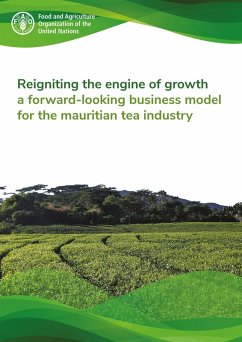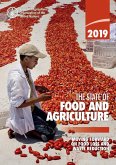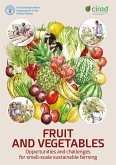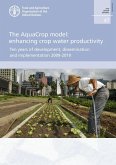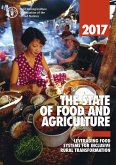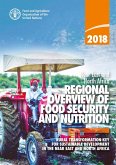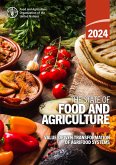The tea sector is currently facing unprecedented and unpredictable challenges for improving productivity, reducing the high costs of production, addressing the ageing of tea growers, shortage of labour and improving the quality of tea. A programmatic and innovative approach that includes a systems-based policy, legislation, and regulatory framework should be the guiding principle for reviving the sector. The proposed business model aims to make optimal use of innovation and digital solutions.
In sum, the proposed novel dimension could make an important contribution to carving a niche for Mauritian tea in the competitive global tea markets. Strong government engagement is a pre-requisite for its revival, given the fact that the internal market is satiated, and production is threatened. A holistic approach, from bush to cup is key to a successful transformation of the tea industry.
Dieser Download kann aus rechtlichen Gründen nur mit Rechnungsadresse in A, B, CY, CZ, D, DK, EW, E, FIN, F, GR, H, IRL, I, LT, L, LR, M, NL, PL, P, R, S, SLO, SK ausgeliefert werden.

